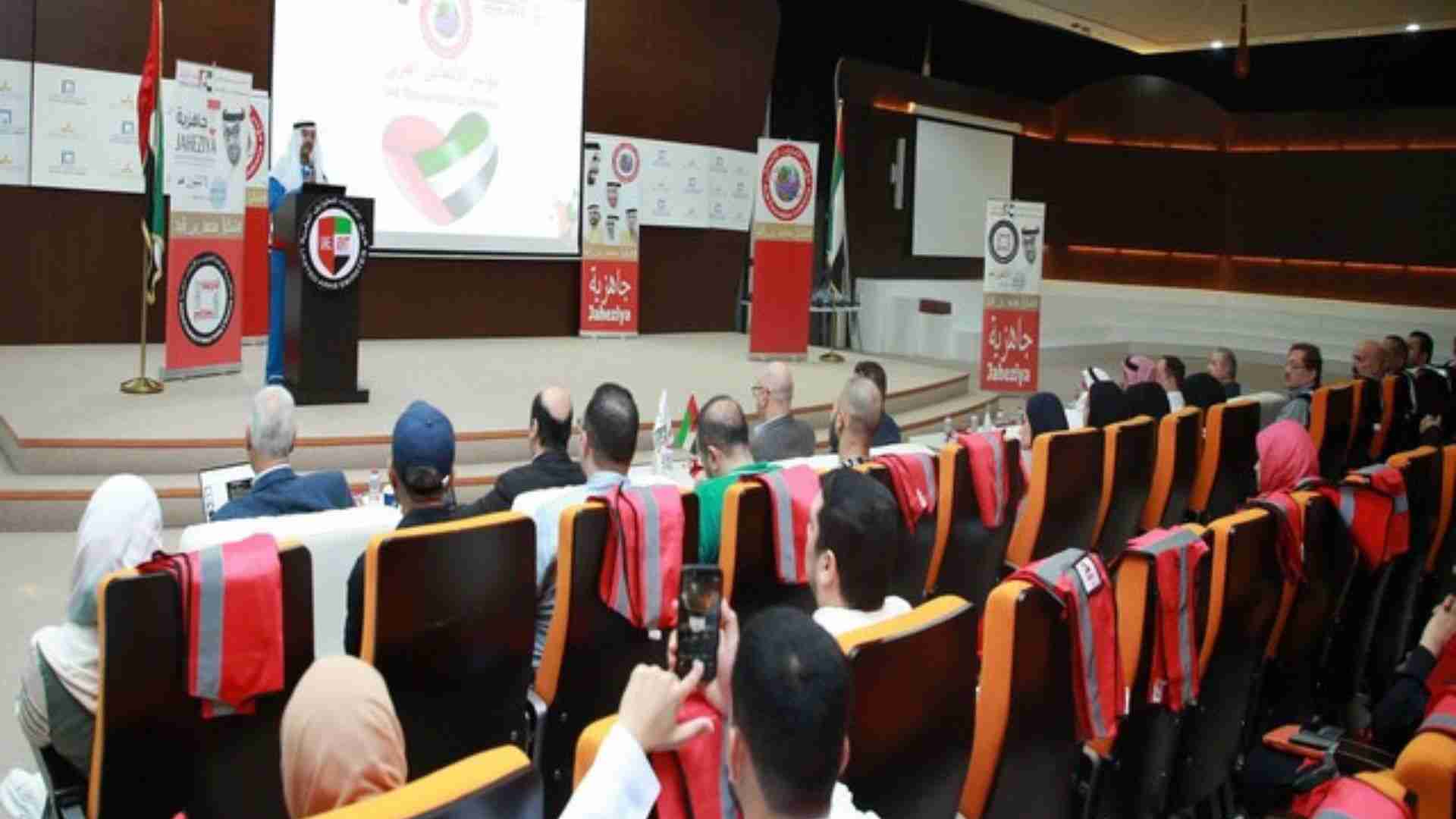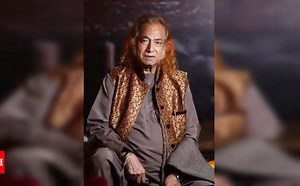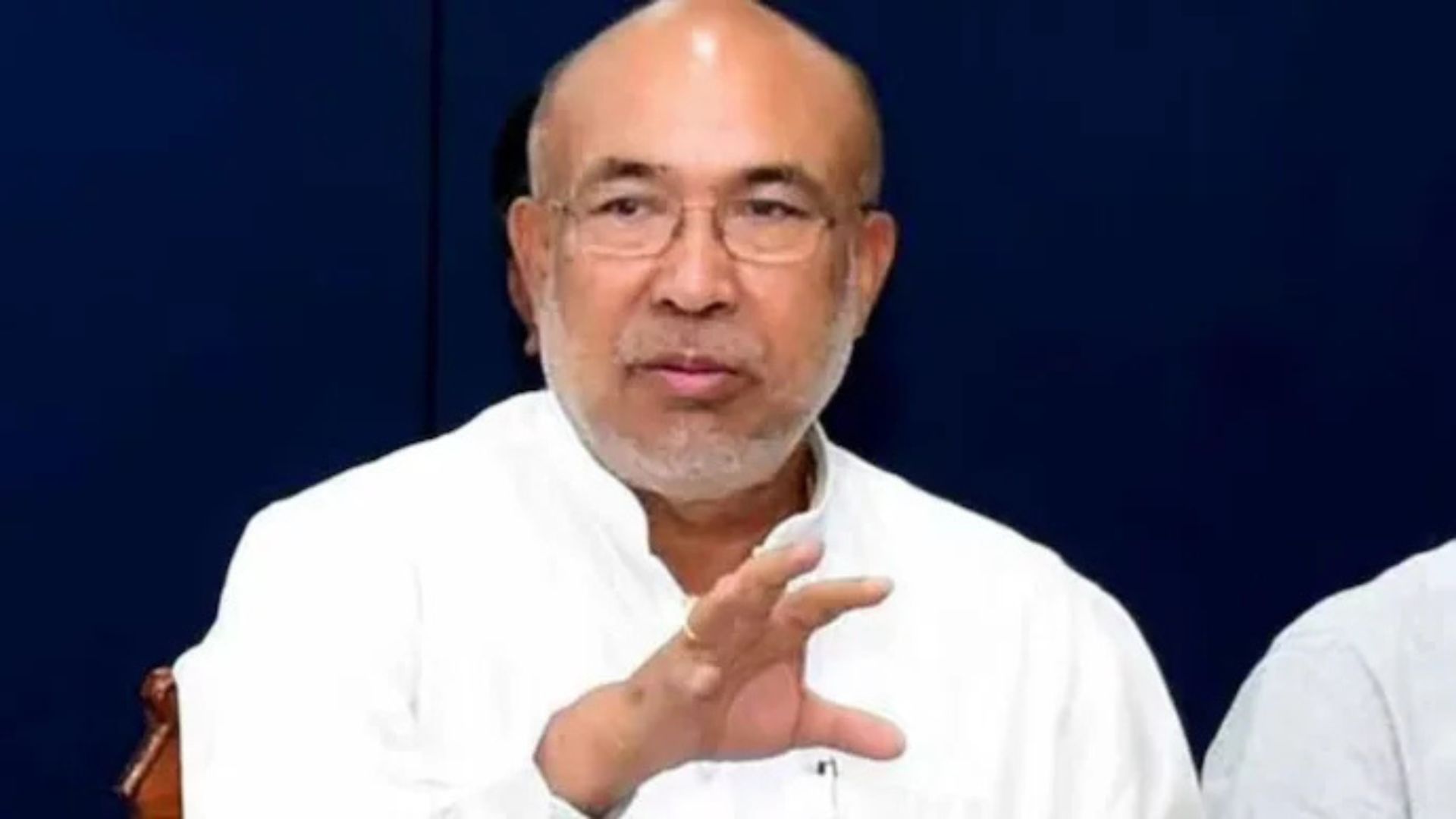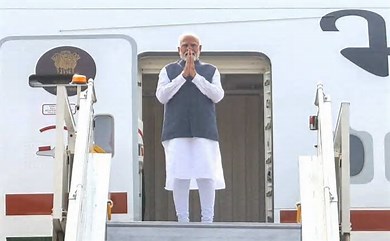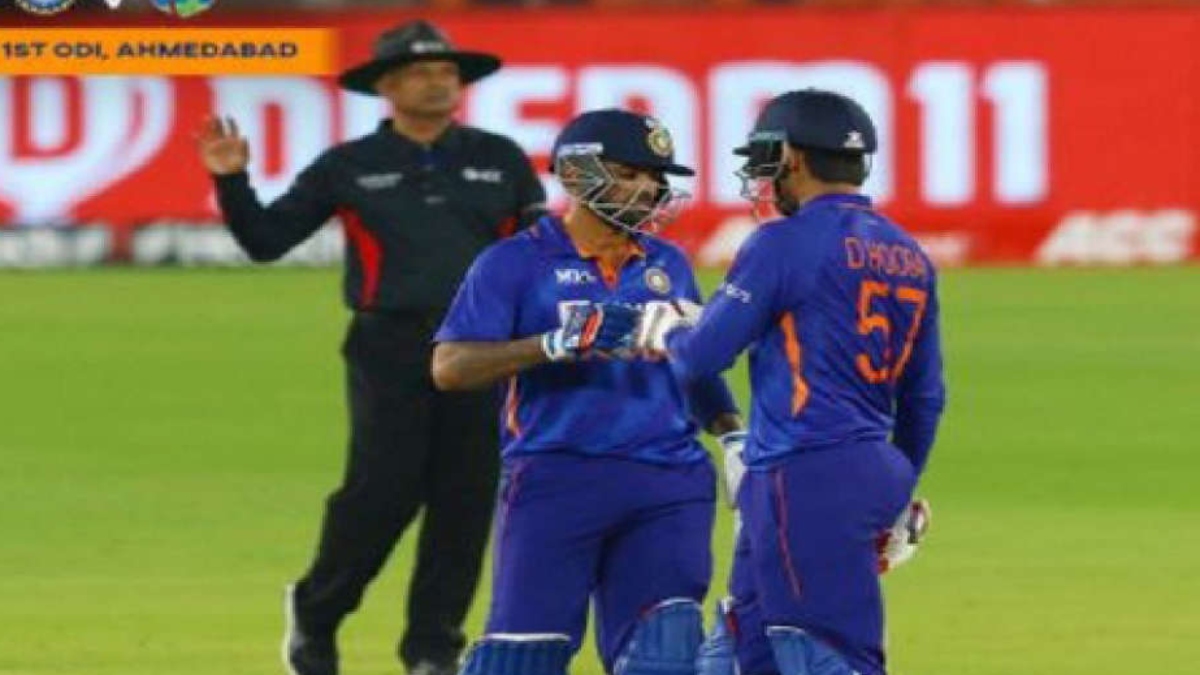
Have we become so intolerant and violent that there is no room for dissent or accommodation? The spate of killings in the name of insult to the Prophet has forced people to contemplate can Hindus and Muslims ever live in peaceful co-existence? Also, important is the issue of supremacy of the Constitution of India. Will religious diktats prevail over constitutional values?
I do not wish to defend Nupur Sharma’s comments on the Prophet even when she had said those things in anger and in reaction to obnoxious statements spoken by a fellow panelist against Lord Shiva. She should not have and she has been punished by the party for crossing the line.
However, does apology have any meaning in a civilized society? If what is spoken in anger or reaction is withdrawn with an apology, should the matter not be allowed to rest? And if we trust the court, we should wait for the judiciary to take its course and deliver justice.
Sad that so many FIRs have been filed against her in different parts of the country. If this becomes a norm, people can get provoked on any issue and file FIRs. This would become a tool for harassment. It is surprising why the apex court turned down the request to club the FIRs. Unless reversed, a person under death threat would be going from one place to another. Justice cannot be denied because a person had temporary lapse of discretion.
The disproportionate reaction to the controversy and a clarion call by fanatics to kill Nupur Sharma or anyone supporting her, demands a closer analysis. Is the reaction real? Are those baying for her blood in the name of the Prophet in a sane health to analyse and take a stand? I have spoken to many Muslims and they are equally aghast at the madness. But this section is not strong enough to openly condemn or command strong voice in the community to prevail over the venom unleashed by the maulanas. Actually, these maulanas were losing their grip on the community. Controversy over the prophet has given them a new lease of life. The competition is who is more Muslim than the other. The fault-line is their failure to realise that their provocative statements or actions of followers of Islam to indulge in violence would not be condoned. Sooner rather than later, they would land in jail and get the punishment that they deserve through a legal process.
They fail to realise that India is governed by the constitution. Private religious laws or practices will stay only till it does not come in conflict with constitutional laws. You cannot kill someone and claim that you were provoked. In that way everyone will have the right to kill others he or she does not like. This is possible only where the law of the jungle prevails.
The failure of the Muslim elite in India to strongly condemn violence and killings in the name of religion is creating a deep chasm that would be difficult to bridge. English poet Edward Young said that “friendship is the wine of life”. E.M. Forster once said: “If I had to choose between betraying my country and betraying my friend, I hope I should have the guts to betray my country.” Sanatan Dharm is replete with many examples where the virtues of friendship is extolled.
In this vitiated atmosphere of hate and fear, is it possible for a Hindu to trust a Muslim and vice versa? Is religion so important that it should lead to mistrust on one another? One who is mad for religion cannot be trusted for any other relation whether friendship or anything. This means that the value of human lives has been sacrificed at the altar of religion.
One can be a good Hindu or a good Muslim without hating each other if one does not believe in being a supremacist. If one says that my religion is the best and all others are bad or inferior, there would be problem. If you take it to a logical conclusion, this would mean that if I believe my religion is the best I have a right to get others converted into my faith. This also would not be a problem unless you resort to violence or allurement to achieve your ulterior motive.
If a religion has inherent merits in terms of ideology or intellectual fulfilment, one need not assert one’s supremacist view. Others would automatically realise the merits and come into the fold. Parched humanity needs nectar of peace and spiritual reconciliation. As Mahatma Gandhi said, violence is the weapon of the weak. No provocation can be a license to unleash venom in society.
This is historically true that Islam has spread in Arab countries by virtue of the sword. It followed the same pattern in India too. However, with India now being governed by a constitutionally elected government, the element of force has lost its relevance. While you have a right to propagate your religion, you cannot spread hate or use violence.
Pakistan was created precisely by the ideology that Hindus and Muslims were two nations and they could not live as one. There was a fear that democracy would invariably mean Hindu rule over Muslims. Has Pakistan done good to Muslims? How many Indian Muslims envy their Muslim brothers in Pakistan? Pakistan was created because of hate and it is being engulfed by hate.
Living peacefully is not a problem if there is mutual respect. I may not agree with your beliefs and practices but I will respect your right to such beliefs and practices. But what if I see your approach to religion as threat to my very existence? The approach is not to seek space for individual religious freedom but to increasingly assert one’s identity to demonstrate that you are different.
Indonesia has the largest population of Muslims in the country. But it has not jettisoned its cultural past. Hindu symbols are found everywhere in the cultural life of the country, including a ballet from Ramayan in most marriages in Bali. Indonesia is also facing threats from radicalisation, but till now it has been able to maintain a secular character of the State.
Indians are blessed to have a culture that has stresses on spirituality, intellectualism and seeing everything from the eyes of reason. It is fine if a section of population converted into Islam due to various reasons. But how can you separate religion from the cultural ethos of India. Every Hindu may not know stories from Muslim religious texts, including the Koran. But an average Muslim knows about the stories of The Ramayan and The Mahabharat. Every Muslim I have spoken to will love to have a brother like Lakshman not like Aurangzeb.
Whenever an Indian Muslim starts searching for his roots, he will end up with a Hindu ancestry even as he would like to trace his origin to Taimur or Babur. Muslims from India are taken as Hindustani by Muslims outside. They may be a part of Pan-Islamic thought enshrined in the Koran, the Hadith and other texts, they cannot be a part of the Pan-Muslim identity because there is none.
Even in India, a pan Muslim identity is a myth. A Bengali Muslim is vastly different from a Hyderabadi Muslim or a Malayali Muslim or a Muslim from the Hindi belt. The same diversity exists in Hindus too. Just as a Bengali Muslim’s fate is intertwined with the fate of his Bengali Hindu brethren rather than a distance co-religionist in Hyderabad, the same way, Indian Muslims have no choice but to sail or sink with their Hindu brethren and vice versa.
Religion after all is a means to find salvation. It provides meaning of existence and tries to rationalise death. None knows what happens after death. Whether one should fight for after live existence rather than enjoying the bliss of life here on the earth? Every religion has tried to give meaning to life. Even those religions and practices followed by pristine Tribals serve the same purpose.
Fighting for religion in an age of science is rather anachronistic. When more and more concepts of old religious beliefs are getting challenged by science as for example the concept of the earth being flat, one should move with caution. Rationality is something that cannot be kept outside for long. As intellect expands, rationality creeps in. One hopes that the messengers of hate would not succeed in their dubious design to poison society and destroy its spirit of tolerance. India has weathered many such storms and it would succeed this time too.
The disproportionate reaction to the controversy and a clarion call by fanatics to kill Nupur Sharma or anyone supporting her, demands a closer analysis. Is the reaction real? Are those baying for her blood in the name of the Prophet in a sane health to analyse and take a stand? I have spoken to many Muslims and they are equally aghast at the madness. But this section is not strong enough to openly condemn or command strong voice in the community to prevail over the venom unleashed by the maulanas. Actually, these maulanas were losing their grip on the community. Controversy over the prophet has given them a new lease of life. The competition is who is more Muslim than the other.

